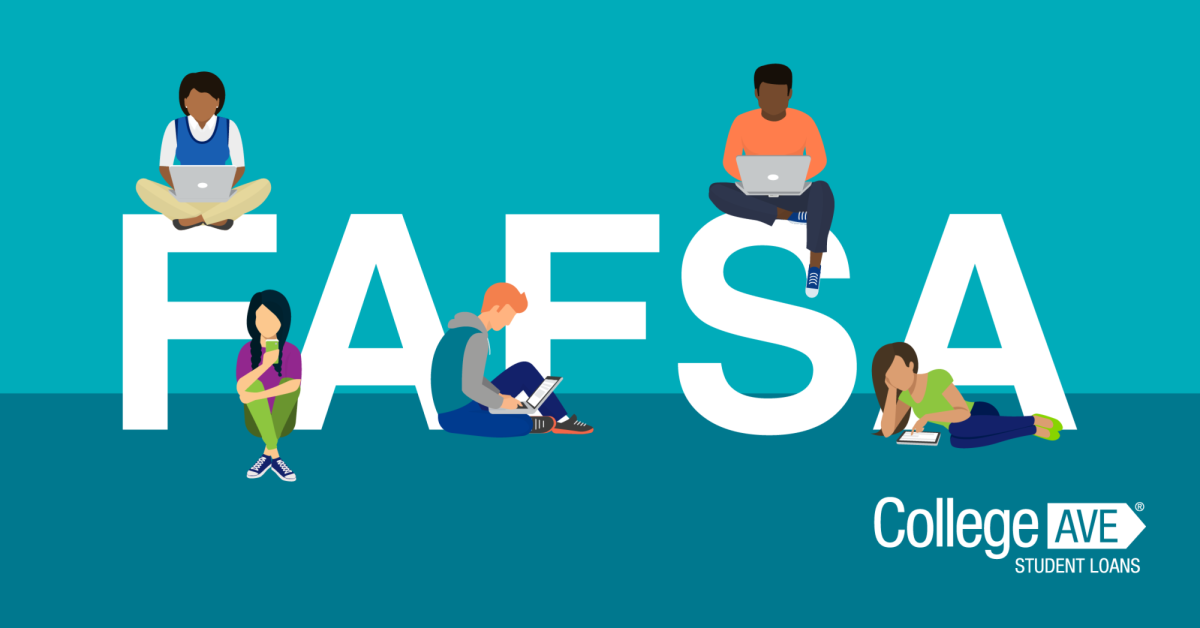As students, we have always been taught that respect comes from the way you treat people, but most only have a vague understanding of what it actually means. According to a Harris Poll taken of 2,250 adults in November of 2013, only three in ten of those surveyed believe K-12 students respect teachers. Because the concept is remarkably universal, everyone has their own stories, connections and ideas for what respect means. In our lives, our teachers are some of the people who deserve respect, but how do they view respect?
Spanish teacher Amy Murray has been teaching for 34 years. She says she can tell a respectful student from their eye contact, engagement and tone during lessons, and through their interactions with peers and herself. To inform her students about her idea of respect, she educates them about her “code-switching policy.” This is a way to help them understand the importance of their use of formal versus informal language, both inside and outside of the classroom environment.
“I haven’t had a lot of problems with students that I’ve felt were disrespectful to me,” Murray said. “Maybe because of my behavior, I think for the most part students respect who I am, and at least they act in a respectful manner.”
She finds it crucial for her students to show respect through listening and being engaged in what she teaches. Murray also believes that in order to receive respect, you must respect others, and she shows that by providing a good example through her interactions with her colleagues, respecting her students’ privacy and property and not calling them out in front of their peers. She has a strong belief in the power of respecting yourself and how that can strongly impact your respect for others.
Advancement Via Individual Determination teacher Micheal Wabel has been teaching for six years. He said that he has only come across a couple of situations where he felt that a student had “truly disrespected” him.
“I give students respect first,” Wabel said. “I also hold students very accountable, and by showing that they are an individual and not just a number.”
Similar to Murray, Wabel believes that attentiveness and tone are very important, along with talking to students one-on-one to help understand their situations better.
“I want [students] to know that I do this job because I love and care about them,” Wabel said. “I don’t do this job because of money or for power. I do this because I want to see them do well.”
Both Wabel and Murray believe that respect is a concept that will stretch both outside of school and further into students’ futures.
10th-grade student Charles Caronia believes that respect in the classroom should be mutual. He believes that understanding how to respect teachers and administrators will set students up for success in their future endeavors.
“I feel like respect go both ways equally, starting with the student respecting the teacher and then the teacher giving the same amount of respect to the student,” Caronia said.





